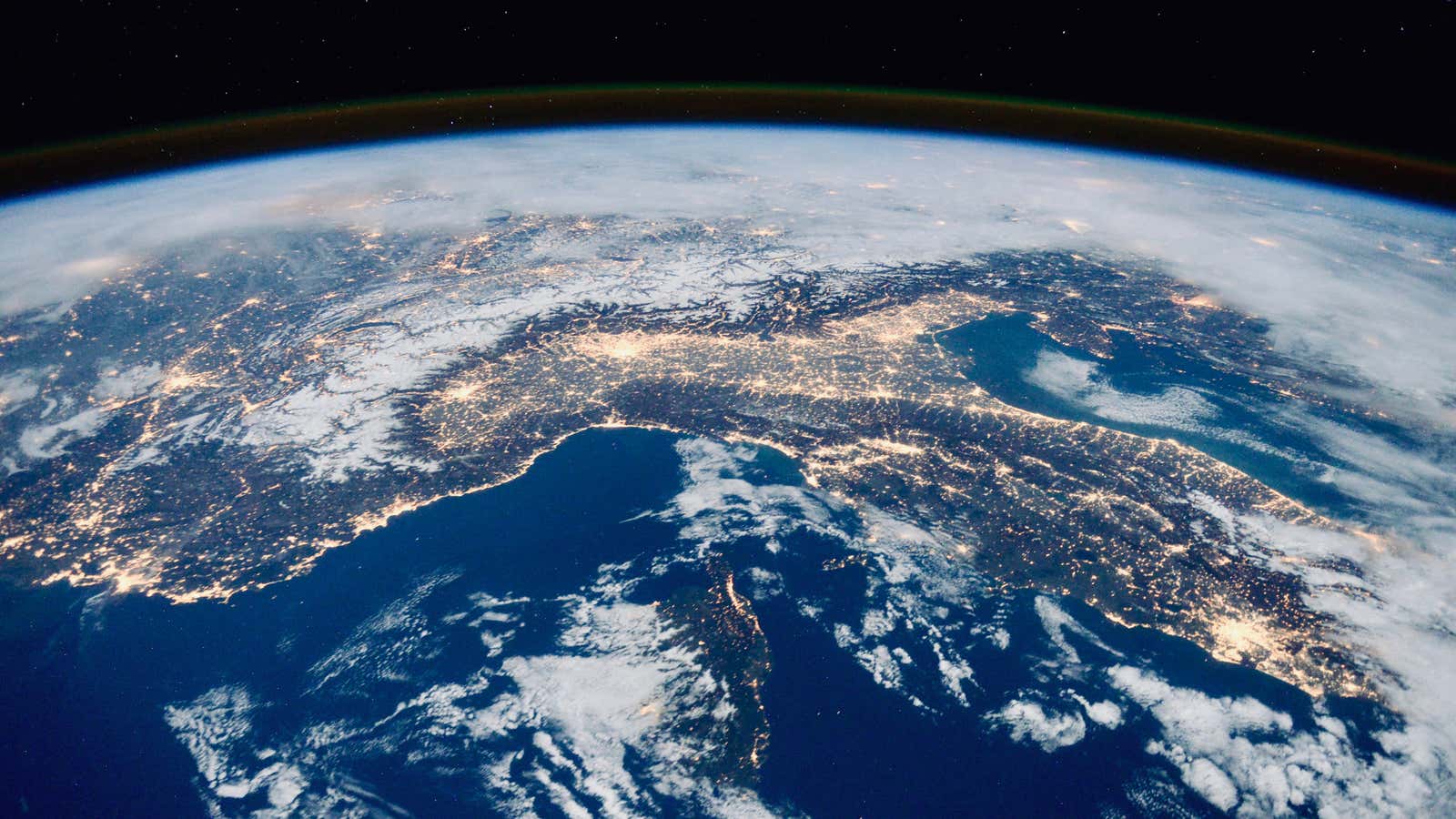On April 22, people in 190 countries around the world will celebrate Earth Day. This year marks the 49th anniversary of the environmental holiday initiated in 1970 to bring attention to the plight of our ailing mother, Earth, and our fellow creatures, whose health and longevity are threatened by human activity.
The Earth Day Network sponsors numerous events with organizations across the globe to increase environmental awareness on this occasion, like teach-ins with scientists and trash cleanup projects. If you’re planning to attend one of these events, by all means do so. You will be part of what the sponsors call “the largest civic observance in the world,” joining more than a billion people who participate in this common cause that affects us all.
However, if you haven’t yet made plans and wish to take a stand, there is one activity that you can do alone at home that will help you and the planet. It ensures that ever-so-briefly you are not contributing to climate change, and are doing what you can to save endangered species. Don’t drive or fly. Don’t buy anything. Do no laundry. Turn off the lights. Avoid going online. Depending on where on Earth you are, shut down the air-conditioning or heaters (unless you’ve got solar panels!).
Breathe deep and take a seat.
Doing nothing is also a way to do something. That is why contemplative types have practiced the fine art of sitting in meditation for millennia. While many of us are action-oriented and want to be involved in solving the world’s problems, some philosophers have argued that deliberate inaction provides necessary balance. Activism and ambition are great, but stirring the pot is not the only way to make a difference when it comes to being green.
In the Tao Te Ching (pdf), one of the world’s oldest and best-read philosophical texts, the sixth-century Chinese thinker Lao Tzu provided, “[t]he sage keeps to the deed that consists in taking no action and practices the teaching that uses no words.” While he acknowledged that there are occasions for doing—if action is well-timed—he emphasized the importance of not doing because so much of society’s messaging is about drive. “Do that which consists in taking no action and order will prevail.”
In the context of environmentalism, this message is especially important. It’s human doing that has jeopardized the planet, our hustle and bustle, our innovation and consumption, our fuel use, our shopping, our relentless drive and ceaseless wanting. And even when we try to do the right thing, it often turns out we ignore the consequences of alleged improvements.
Take the growing debate over replacing canvas totes with single-use plastic bags, for example. Growing cotton taxes precious water resources. Manufacturing processes contribute to carbon emissions. It turns out, you have to use an organic cotton tote 20,000 times over to make up for the impact of its production.
Or, consider the fact that every time you wash your clothes, it releases micro plastics from synthetic fabric that eventually make their way into the ocean, and that these tiny particles travel long distances in the wind, possibly across continents. These invisible bits that you don’t see are damaging sea-dwelling species and ultimately also turning up in the fish we eat, as well as polluting previously pristine wild areas.
That doesn’t mean you should just throw your hands up and despair, give up on trying to be a force for good. And it certainly doesn’t mean that you may as well chuck your plastic water bottles in the sea and trash the planet because it’s all too complicated.
It simply means that one good thing you can do is take a day to contemplate the complexity and interconnectedness of all living things, including the Earth herself, and just do less. As Lao Tzu put it, “The sage…accomplishes without having to act…When one does nothing at all there is nothing that is undone.”
